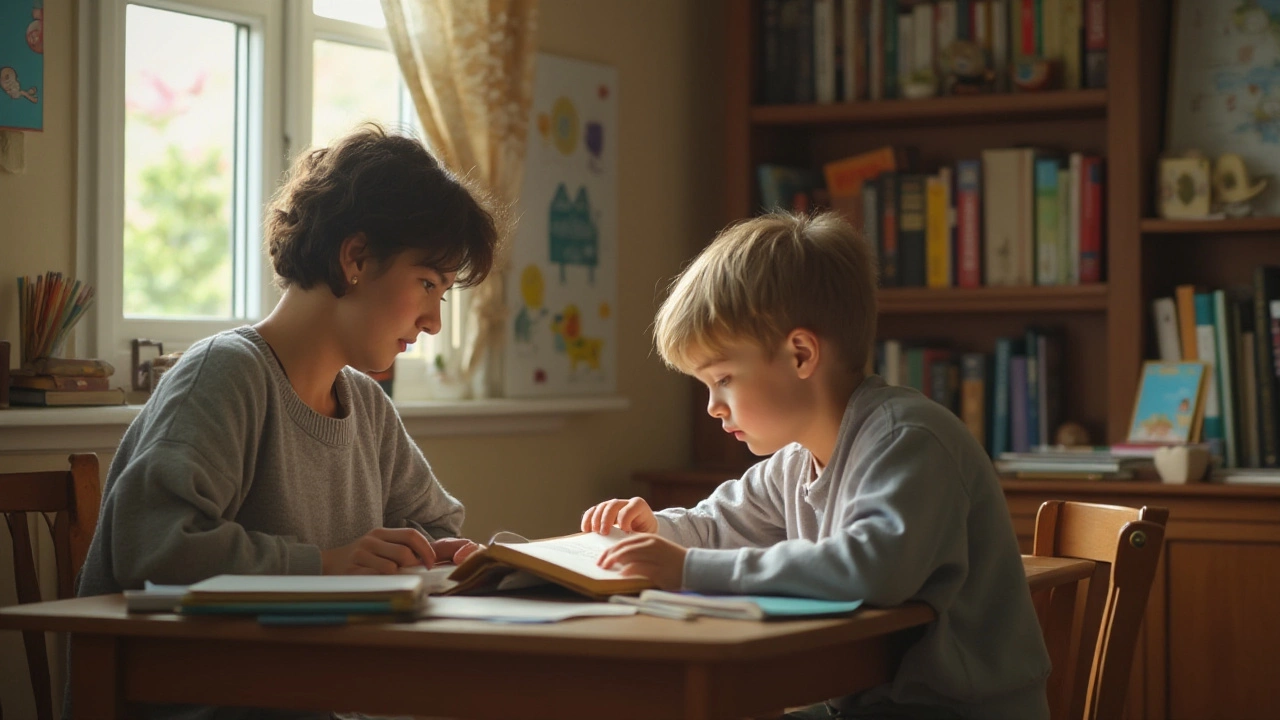Kids Education: Simple Tips and Fun Activities
Looking for ways to make learning feel like play? You’re in the right place. Below you’ll find easy ideas you can try today, whether you’re at home, in a classroom, or on the go.
Everyday Learning Activities
Turn routine moments into mini‑lessons. While cooking, ask kids to count ingredients or sort vegetables by color. A quick walk around the block becomes a nature hunt – spot three different leaves, name the sounds you hear, and talk about the weather.
Short, focused activities work best for little attention spans. Try a 5‑minute “shape hunt” where kids find circles, squares, and triangles around the room. Follow it with a simple drawing session and watch confidence grow.
Books don’t have to sit on a shelf. Use picture cards during snack time to build vocabulary. Show a card of a dog, ask, “What sound does it make?” and then let the child act it out. The repetition sticks without feeling like work.
Supporting Child Development
Development is more than academic skills. Social play, like sharing toys or taking turns in a game, builds empathy and communication. Encourage kids to explain their thoughts: “Why did you choose that color?” helps them form reasoning skills.
Motor skills can be sharpened with simple games. Toss a soft ball back and forth, or set up a small obstacle course using cushions. These activities improve coordination while keeping energy levels high.
Don’t forget quiet time. A calm corner with soft pillows and a few sensory toys gives children a place to reset. Even five minutes of breathing exercises can boost focus for the next activity.
Every child learns differently. Observe if they respond better to visual cues, sounds, or hands‑on tasks, and adjust your approach. The goal is to make learning feel natural, not forced.
Finally, celebrate small wins. A high‑five, a sticker, or a quick “great job!” reinforces effort and builds a love for learning that lasts.
Use these ideas as a jump‑start. Mix, match, and adapt them to fit your child’s interests. With a little creativity, everyday moments become powerful learning opportunities.
Does Tutoring Actually Boost Children's Academic Success?
Tutoring can provide personalized support to children, helping them grasp difficult concepts and boost their confidence in school. While it can offer many advantages, the effectiveness often depends on the child's unique needs and the tutor's approach. Parents often wonder whether investing in private tutoring is worth the cost and effort. Understanding the various benefits and challenges of tutoring can help make an informed decision. This article explores if and how tutoring aids a child's learning journey.
